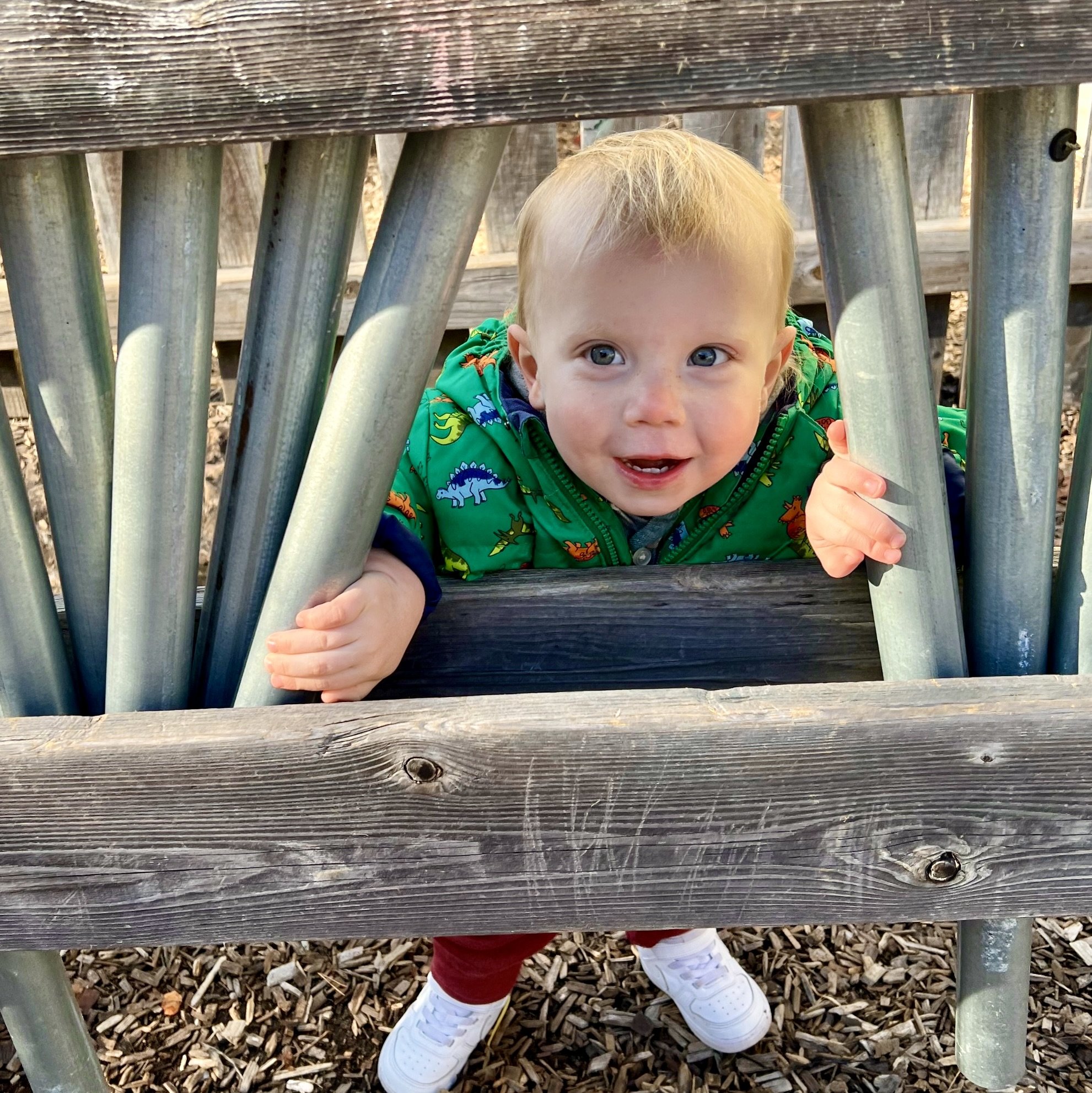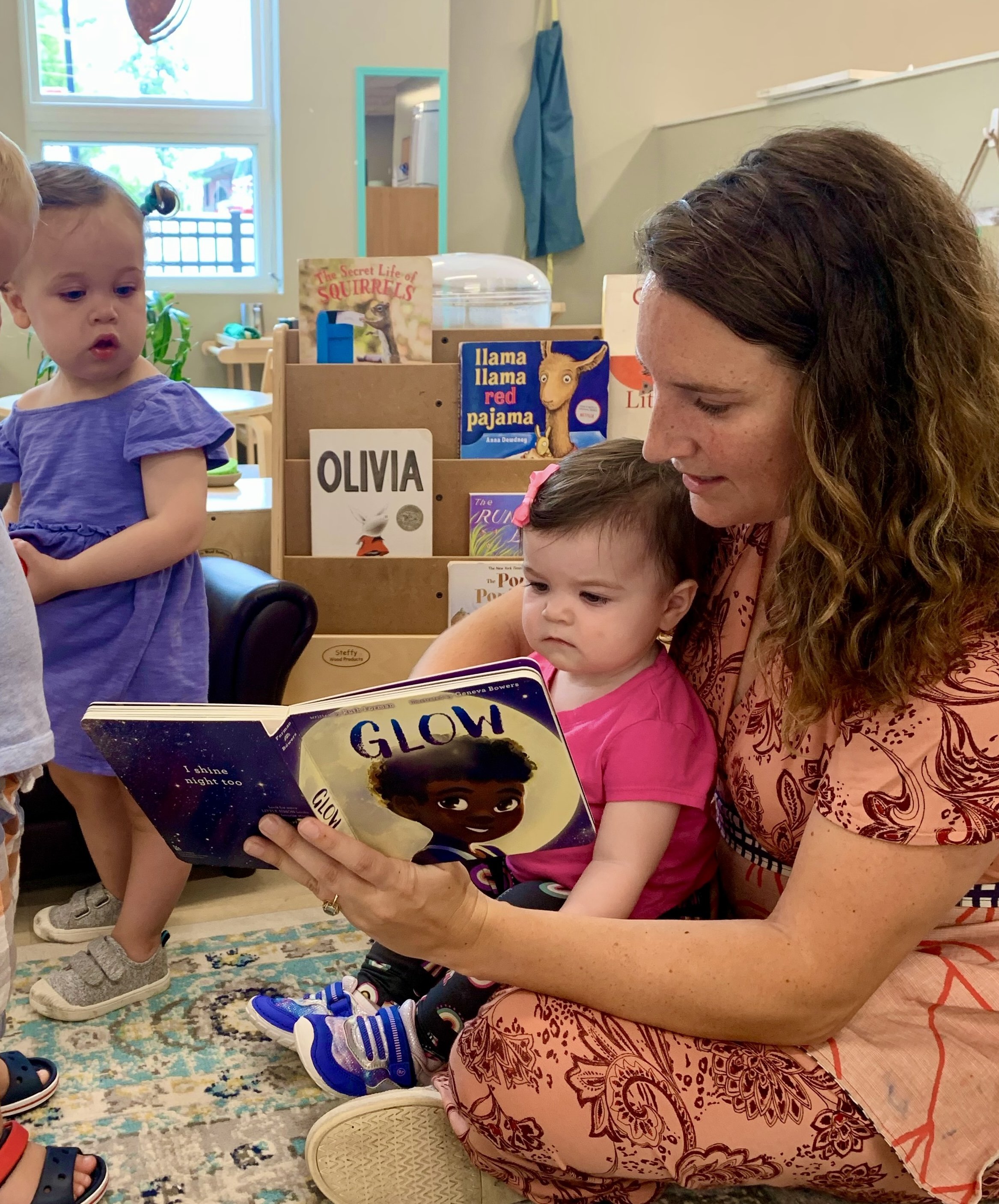
Toddler House
The toddler years are a time for children to gather information about their world, learn new skills, build fine and gross motor skills, socialize in group settings, and develop their individual personalities. It is also a prime age for children to acquire language. Our Toddler House is carefully designed with these specific needs in mind.
In a beautiful, structured, and orderly classroom environment, our teachers help children refine their understanding of the world through select materials and activities based on each child’s needs. Children explore and interact together, and are exposed to precise language so they can learn to describe not only objects, but also their own feelings. All this helps them begin to develop the skills and habits that will provide a foundation for the rest of their lives.
Quick Facts
Ages
About 14 months to 3 years
Classrooms
Three
Teachers
Six
Hours
8:10-8:30 a.m. drop-off; 12:00 p.m. pickup. After School is available until 3 or 5:30 p.m.
Curriculum
Motor Control
Toddlers become more coordinated through activities that help them develop gross motor skills (walking, balancing, carrying) and fine motor skills (grasping objects, hand-eye coordination).
Independence
Teachers demonstrate a range of activities, from simple to complex, to help toddlers become more independent. These may include preparing food, looking after pets and plants, or even baking bread.
Social Skills
Games and group activities bring opportunities to learn how to work and play together successfully. A mix of older and younger toddlers allow children an opportunity to be both student and teacher.
Concentration
Teachers guide toddlers toward activities that appeal to their interests and that present a challenge. Within this learning environment, toddlers get the support and encouragement they need to focus.
Language
Teachers guide children with respectful, courteous language. They read poems and books, introduce fun language games, and encourage opportunities that support conversation. We help each child attach precise vocabulary to concrete experiences.
Parent Support
Toddlers thrive when they have consistency — not only in their day-to-day lives, but also in the guidance they receive from adults. This is why we make it a priority to involve and integrate parents into their toddler’s education. Through regular Parenting Support Sessions, teachers help each parent maintain the consistency their child is getting in Toddler House.















